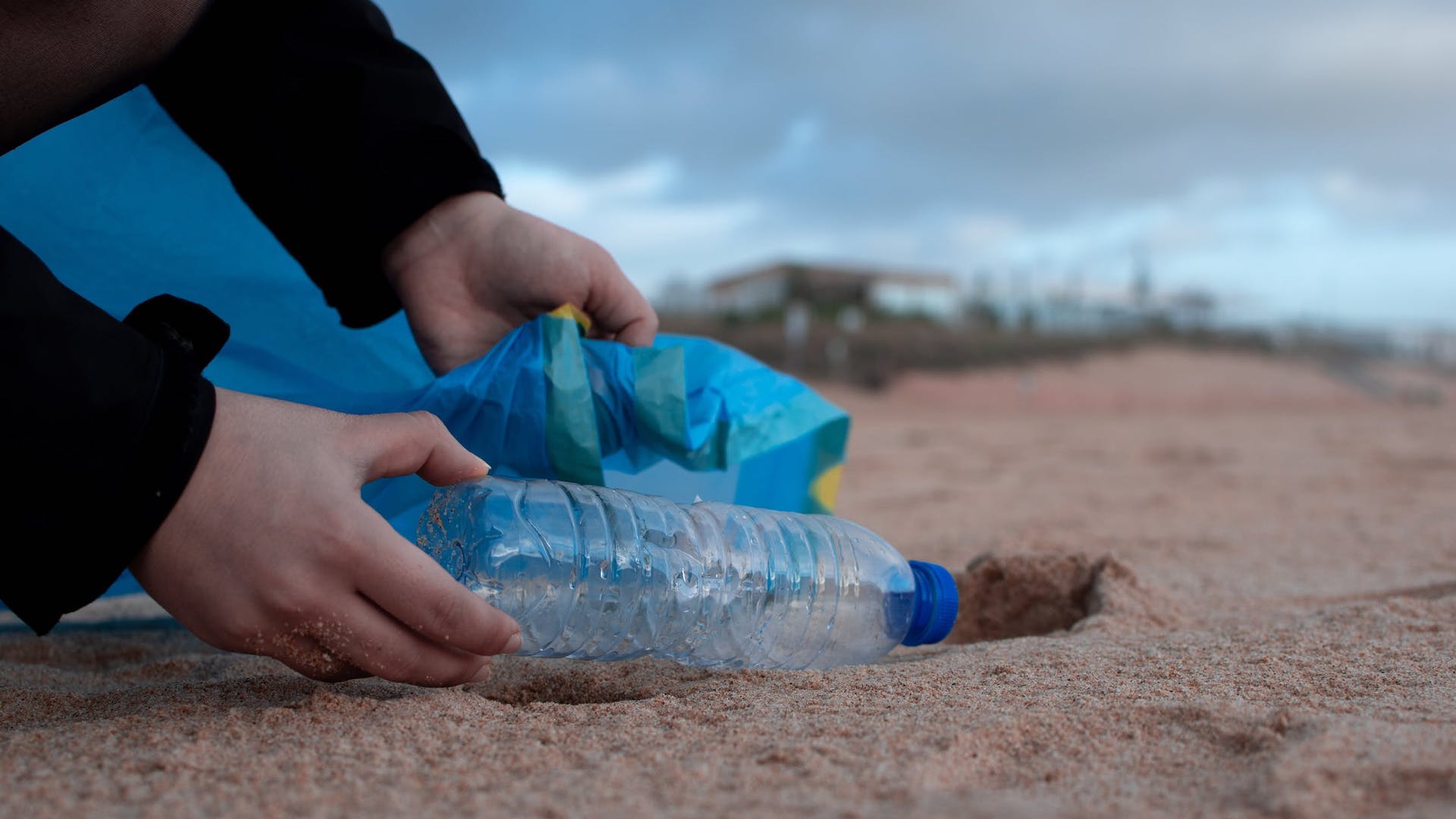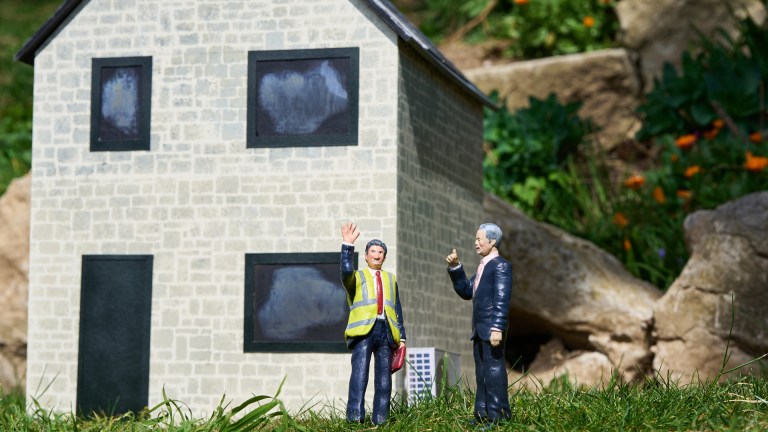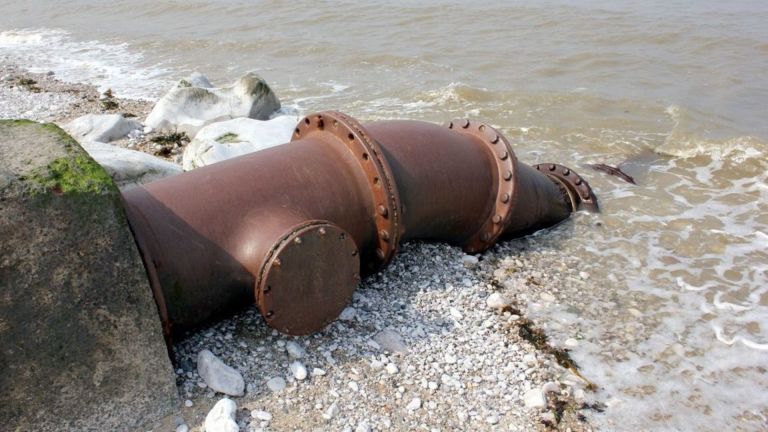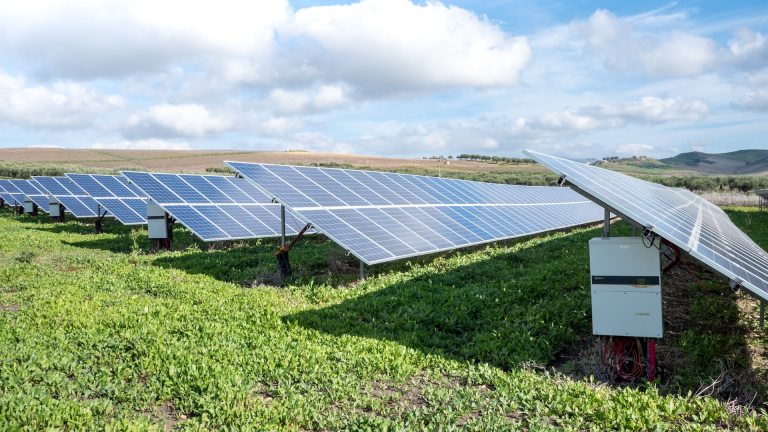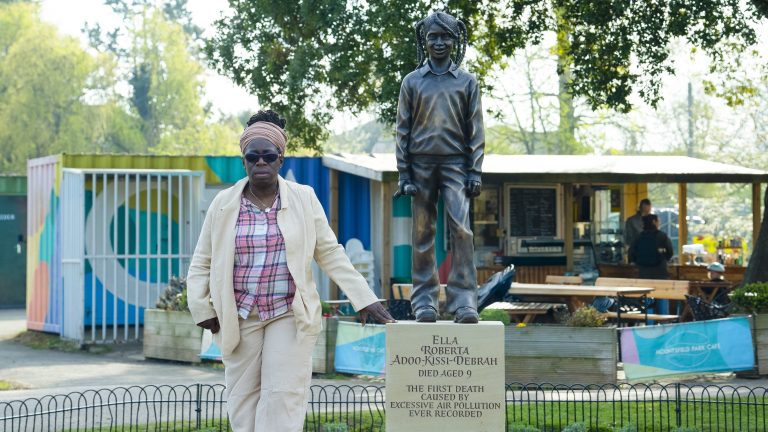Lockdowns have taken income away from hundreds of Big Issue sellers. Support The Big Issue and our vendors by signing up for a subscription.
The UK’s use of plastic bottles could theoretically be cut by as many as 340 million a year – more than 931,500 a day – if just one in ten Brits chose to refill a bottle once a week, according to City to Sea analysis.
The environmental group’s Refill app, now expanding to other countries, lets users search its UK database of more than 30,000 public spots to refill water bottles. The charity estimated it has already stopped more than 100 million plastic bottles from being thrown away.
“We urgently need more public water fountains, we need more businesses willing to offer free water refills and we need more consumers to start carrying a water bottle that they can refill on the go instead of buying single-use bottles,” Hynd added.
“Change is happening, in law and in consumer behaviour, but we need everyone to be pushing for more to happen faster.”
Many people opt for bottled water over drinking from the tap because they believe it is cleaner, the campaigners warned, but research by trade body Water UK showed the country’s drinking water is “among the best in the world”.
Advertising helps fund Big Issue’s mission to end poverty
Local authorities and businesses must make it easier for people to refill their water bottles when moving around towns and cities, the campaigners said, helping both cut waste and save money.
Westminster will soon open a consultation for a deposit return scheme in England, set to begin in 2023, which could give people 20p for each bottle they return for recycling.
Reuse and refill should be part of plans to build back greener after the pandemicCamilla Zerr, Friends of the Earth
This must be a comprehensive scheme which accepts all plastic drinks containers as well as glass bottles, cans and cartons, according to the charities, if the UK is to have a chance of cutting plastic pollution significantly. Scotland will launch its own scheme in July next year.
A similar programme launched in Germany saw bottle recycling soar to 97 per cent overall.
Single-use plastic water bottles “end up littering our environment and clogging up our waterways,” said Camilla Zerr, a Friends of the Earth campaigner.
“But it doesn’t need to be like this,” she added. “Especially as the UK has top quality drinking water available from the tap.”
Advertising helps fund Big Issue’s mission to end poverty
“Reuse and refill should be part of plans to build back greener after the pandemic. Businesses, councils and the government must do more to ensure people have free and easy access to water.”
The Environment Bill, which ministers began work on in July 2018, has been delayed three times. Set to be the most significant shake-up of UK environmental law in two decades, it could see national targets for cutting air pollution and protecting biodiversity enshrined in law, and campaigners want a decrease in plastic pollution to be included in the bill’s ambitious legally-binding targets.
But “bottles are just a small part of the plastics crisis,” Zerr said. As well as littering land and waterways, cutting plastic use is necessary in the fight to reverse the climate crisis, with more than 99 per cent of plastics made using fossil fuels.
The world population’s demand for plastic continuing at its current rate could result in 1.34 billion tonnes of greenhouse gas emissions by 2030, according to the Centre for International Environmental Law.
